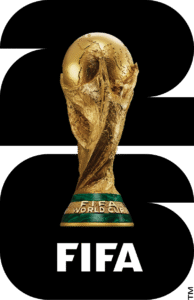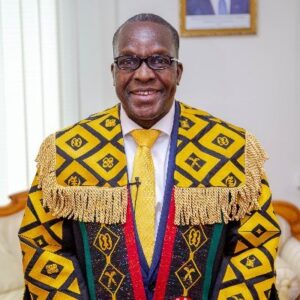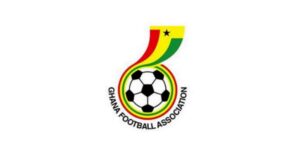Transforming Women’s Football: Five Years of Progress Under President Kurt Okraku’s Leadership

Over the past five seasons, women’s football in Ghana has undergone a remarkable transformation, driven by the visionary leadership of Ghana Football Association (GFA) President Kurt Edwin Simeon-Okraku. Since assuming office in 2019, President Okraku and his administration have made the women’s game a central pillar of their development agenda, delivering measurable growth, increased visibility, and enhanced competitiveness across all levels of the sport.
From the grassroots to the elite level, the evolution of women’s football in Ghana has been both strategic and inclusive. Under Okraku’s leadership, the GFA has introduced comprehensive reforms, strategic partnerships, and targeted investments aimed at creating a sustainable and professional ecosystem for women’s football.
Professionalizing the Domestic Game
One of the standout achievements has been the revitalization of the Women’s Premier League (WPL). The league has seen a rise in organizational quality, competitive balance, and logistical support. Enhanced match officiating and the consistent scheduling of fixtures have helped elevate the standard of play. The introduction and expansion of the Women’s FA Cup and the successful implementation of the Women’s Super Cup have provided additional platforms for talent exposure and competition.
The landmark sponsorship deal with Malta Guinness has been a game-changer, injecting much-needed financial support and media attention into the women’s game. This partnership has not only ensured greater financial stability for clubs but has also amplified the league’s visibility through branding and marketing efforts.
Supporting Clubs and Building Capacity
Beyond sponsorship, clubs have received tangible logistical support from the GFA. This includes the distribution of 30 footballs and 30 pairs of boots per club, cash payments to all 20 Women’s Premier League teams, and strategic initiatives such as the bus acquisition programme, which has eased transportation challenges for several clubs. Additionally, the Women’s Division One League has benefited from similar support, expanding opportunities for emerging players.
Capacity-building has also been prioritized, with a focus on coaching education, club licensing, and player welfare. The GFA has provided free coaching education to over 900 Colts coaches nationwide and introduced free training programs specifically for women coaches, helping to develop the next generation of female football leaders.
Pathways for Player Development and Global Recognition
Under President Okraku’s tenure, there has been a significant improvement in youth development structures, particularly through national teams such as the U-17 and U-20 women’s squads. These teams have not only participated consistently in international tournaments but have also posted impressive performances, reinforcing Ghana’s status as a rising force in global women’s football.
An increasing number of Ghanaian female footballers are securing professional contracts overseas, especially in Europe and North America. This growing international recognition is a direct result of the improved structure and competitiveness of the domestic leagues, which now serve as credible platforms for talent development.
Strengthening Grassroots and Media Engagement
President Okraku’s administration has placed strong emphasis on grassroots football, integrating women’s participation through school competitions, regional leagues, and talent identification programs. These efforts align with the GFA’s broader “Power to the Youth” initiative, which also includes the revival of Colts football, the introduction of elite academies, and the Catch Them Young Refereeing policy, aimed at nurturing officiating talent from a young age.
Media coverage has seen a dramatic improvement, with more matches now broadcast live and greater editorial focus on women’s football across mainstream platforms. This has played a vital role in reshaping public perception and generating broader support for the women’s game.
A Bright Future Ahead
Looking forward, the strong foundation laid over the past five years sets the stage for continued growth. With the GFA committed to expanding infrastructure, deepening stakeholder collaboration, and increasing investment, women’s football in Ghana is no longer on the periphery—it is at the heart of the country’s football development agenda.
President Kurt Okraku’s leadership has sparked a revolution in women’s football, and the results speak for themselves. The journey may still be unfolding, but the progress so far signals a future full of promise for Ghanaian women in football.







